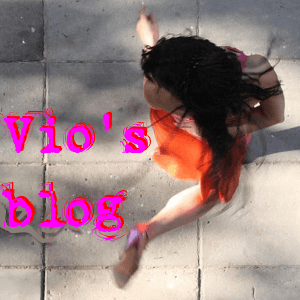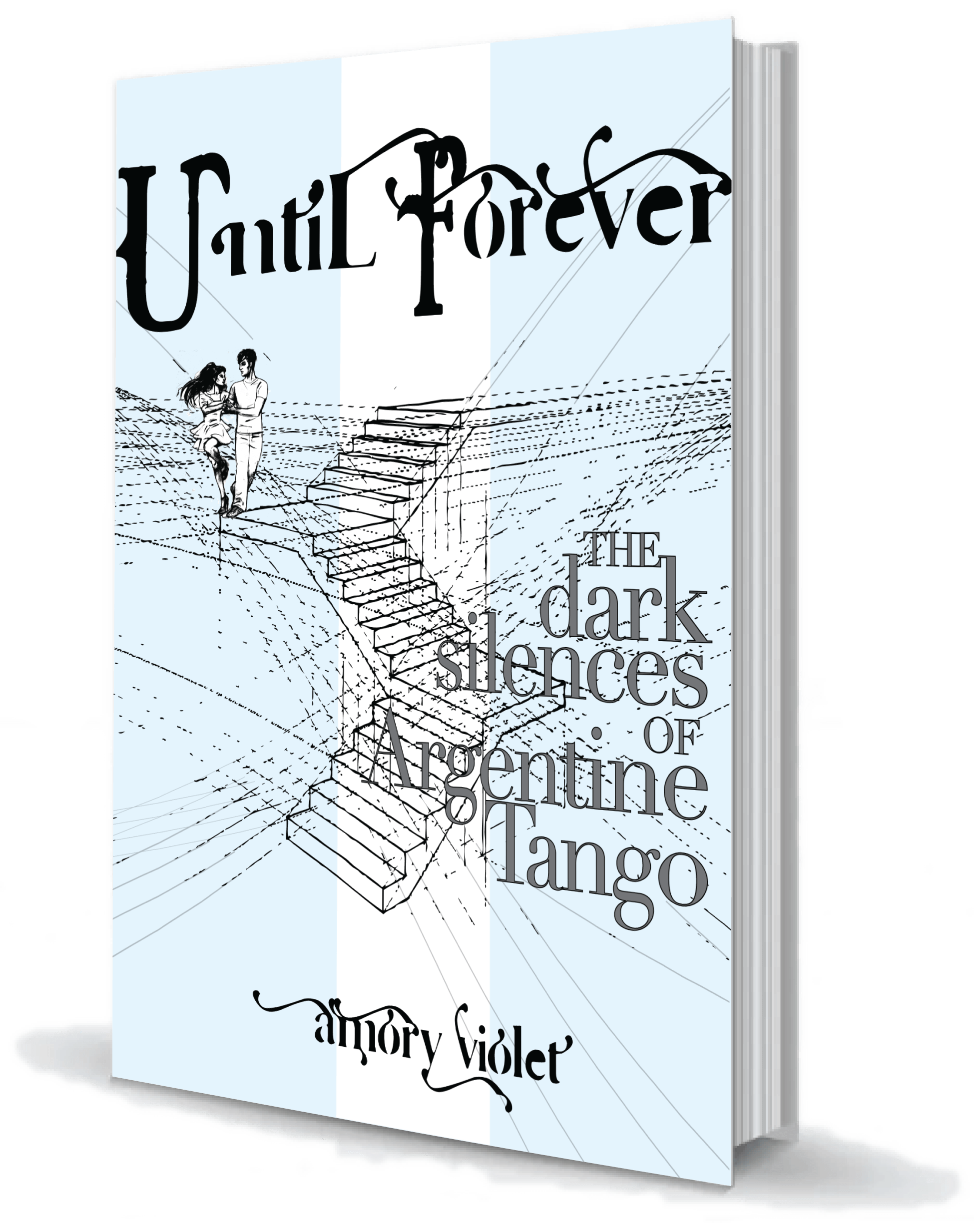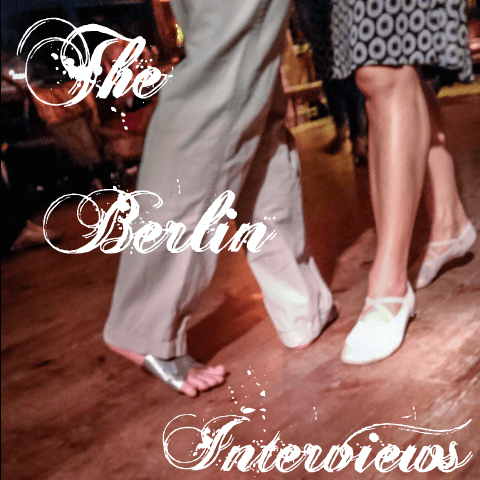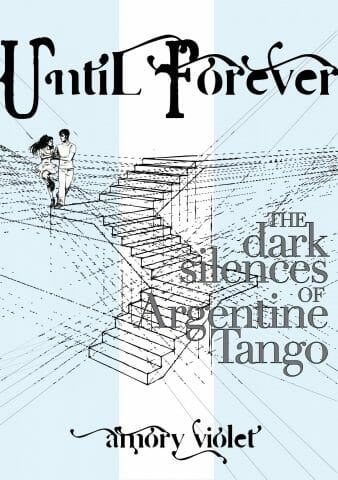Is not a fantasy.
It is another layer of data, an alternative way of understanding this reality.
It is what an artist sees, without knowing why. It is that part of art which is profound and cannot be described.
It requires trust in one’s own perception – both as artist and as witness.
“There is another world, but it is in this one.”
Paul Éluard
I am reading about Edward Gorey. This post is first in a series about my artistic influences, to be joined by Puccini, Natalia Makarova, Evel Knievel, and Franca Sozzani. You may know Gorey from his beloved creature, The Doubtful Guest.

Having been drawn to my spare aesthetic through some process other than reason, I search Mark Dery’s biography of Gorey for explanations – or at least to understand it more formally, if never to reveal its motivations.
Besides flawless composition, Gorey’s art is the conjunction of an “aesthetic preference for the understated and the unstated” and an “attraction to the highly stylized”. I need a lot of space, blankness. Despite Gorey’s ornate wallpaper, objects are sparse. There is space between the urns; space between what is communicated by image and text, space between what we were looking for and what we found.
Gorey tended to “leave out most of the connections”. [130]
Most of my work is criticized for exactly this failure. Not enough “explaining things to death” [165], which Gorey and I cannot bear to do – although I never knew why, other than it seemed to destroy the composition: Too many words is no longer poetry.
I took to distillation. Friends note my antipathy to small talk and socio-emotional conventions by calling me a Vulcan. Even my classes have been described as “not one wasted moment”.
For Gorey, words and illustration each offer something to the witness, without overlap or repetition. The illustrations “complement a text by saying something in images that couldn’t be said in words.” [156] The gaps in meaning offer his witnesses “ambiguity” and “subtlety” which give space “for imaginative participation.” [130, 165]
I remember swooning before Laurie Anderson’s film Home of the Brave, a spare unselfexplaining work if there ever was one. I remember the sensation that it was, as we now say “pixel-perfect”. I admired the crispness of every decision, each an achingly profound gesture of words and form.
It is in the looking for meaning that surrealism serves us. In this sense Gorey viewed surrealism as a form of divination. “By translating reality as we know it into a symbolic language, systems of divination, in his words, “show you things…which otherwise you might have much more trouble finding out.” Dery explains that surrealism calls divine knowledge ‘the Marvelous’. It is “the poetic mystery and uncanny beauty just beneath the surface of everyday life.” [179]
Objects are very important to Gorey, the Surrealists, and me. Through affection, conversation, and arrangement, objects carry and express meaning. Gorey’s choice of objects in life and image was deliberate and intentional. He collected and animated favorite and invented objects.

I was raised with a surfeit of objects, most of which I didn’t like. But my spare selection is far from an anti-materialist reaction. Indeed the objects I choose are hysterically dear to me, inspiring intense emotions. Objects are part of careful compositions –rooms, tables, and costumes– which I cherish.
Very few things are more annoying to me than a man who attempts to compliment me by telling me he doesn’t care about clothes. What’s he’s missing is that my daily costumes, however simple, are sculptures, creative responses to context, intimate and profound expressions of my mood and shifting identity.
Is there a relationship between a veneration of objects and a thirst for empty space? These two realities co-exist in museums, and, I would argue, less obviously in poetry.
Writing at best is not telling, it is an experience. A series of ideas and moments with space enough between them for reflection, an experience not dictated or controlled, but certainly selected and organized by my sense they are related – or at least they arrived on the same train.














